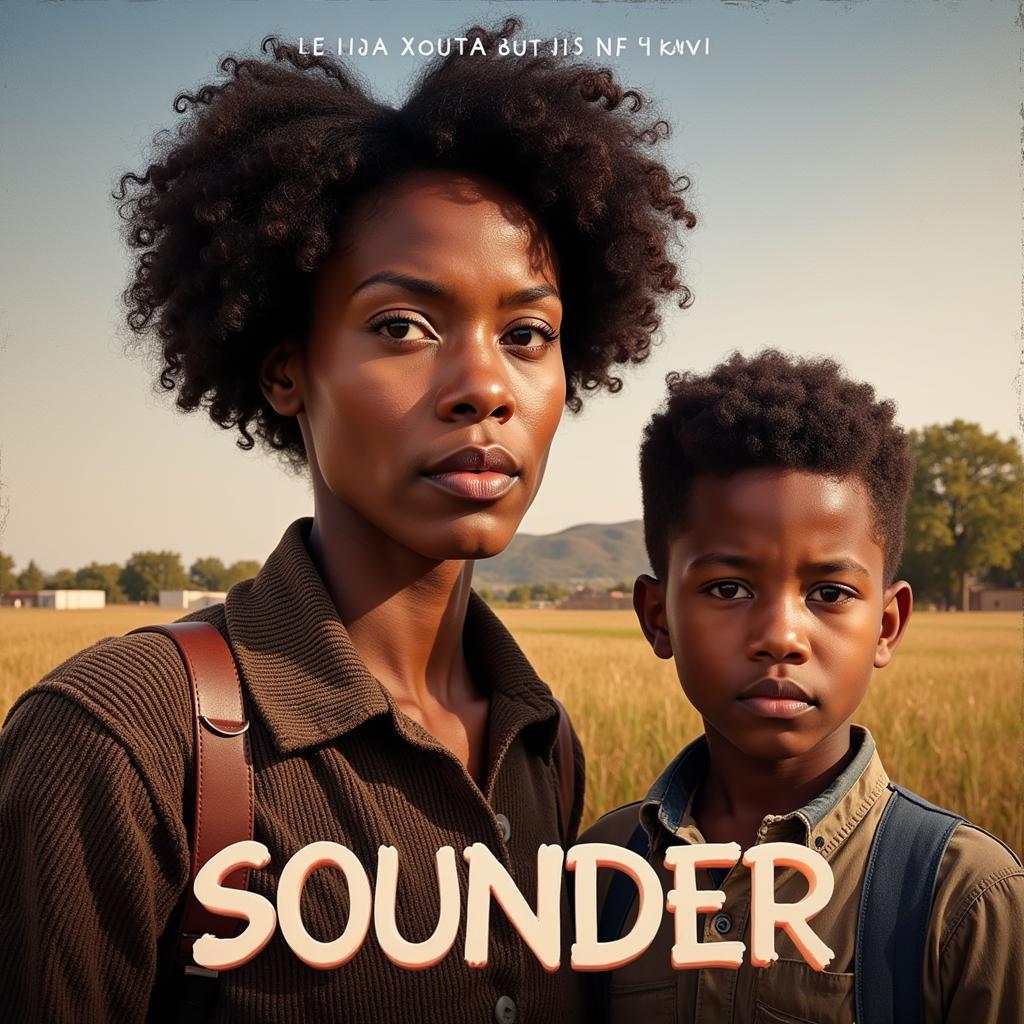African American Female Movie Stars: Trailblazers on the Silver Screen
African American Female Movie Stars have captivated audiences for generations, leaving an indelible mark on the film industry. From the early days of Hollywood to today’s blockbusters, these talented actresses have shattered stereotypes, overcome adversity, and paved the way for future generations. Their contributions go far beyond entertainment, serving as powerful reminders of the importance of representation, diversity, and the ongoing pursuit of equality.
The Golden Age and Beyond: Pioneers Breaking Barriers
The journey of African American women in Hollywood began with significant challenges. In the Golden Age of Hollywood, roles for black actors were often limited, stereotypical, and demeaning. Despite these obstacles, actresses like Hattie McDaniel, Dorothy Dandridge, and Lena Horne emerged as trailblazers.
Hattie McDaniel made history in 1940 when she became the first African American to win an Academy Award for her role as Mammy in “Gone with the Wind.” While the role itself is now considered controversial for its perpetuation of racist stereotypes, McDaniel’s achievement opened doors for other Black actresses.
Dorothy Dandridge, known for her beauty and grace, challenged Hollywood’s typecasting by starring in films like “Carmen Jones” (1954), earning her an Academy Award nomination for Best Actress. Lena Horne, with her stunning vocals and captivating stage presence, appeared in numerous films, using her platform to advocate for civil rights.
The Civil Rights Era and Blaxploitation: Voices of Change
 Cicely Tyson in Sounder
Cicely Tyson in Sounder
The Civil Rights Era of the 1960s witnessed a shift in societal attitudes and, in turn, in Hollywood. African American filmmakers and actors began to demand more complex and nuanced portrayals. Actresses like Cicely Tyson and Pam Grier emerged as powerful voices during this period.
Cicely Tyson was renowned for her commitment to portraying strong, realistic Black women. Her performances in films like “Sounder” (1972) and “The Autobiography of Miss Jane Pittman” (1974) earned her critical acclaim and numerous awards.
Pam Grier became a symbol of Black female empowerment through her iconic roles in Blaxploitation films like “Coffy” (1973) and “Foxy Brown” (1974). While the genre itself was often controversial, Grier’s characters challenged traditional gender roles and offered a sense of agency to Black audiences.
Breaking New Ground: From Independent Cinema to Global Icons
The late 20th and early 21st centuries witnessed a new wave of African American female movie stars achieving unprecedented success. Actresses like Whoopi Goldberg, Halle Berry, and Viola Davis have broken down barriers and become global icons.
Whoopi Goldberg, known for her comedic timing and dramatic range, became a household name with her role in “The Color Purple” (1985). Her success paved the way for her to become a successful comedian, talk show host, and producer.
Halle Berry made history in 2002 when she became the first (and still only) African American woman to win the Academy Award for Best Actress for her role in “Monster’s Ball.” Her achievement was a watershed moment for representation in Hollywood.
Viola Davis, a powerhouse of talent, has earned numerous accolades for her work on stage and screen. Her performance in “Fences” (2016) earned her an Academy Award for Best Supporting Actress, cementing her status as one of the greatest actresses of her generation.
A Legacy of Inspiration: Shaping the Future of Film
The contributions of African American female movie stars extend far beyond the silver screen. Their talent, resilience, and commitment to social justice have inspired generations and continue to shape the future of film. As Hollywood embraces greater diversity and inclusion, the stories of these remarkable women serve as a testament to the power of representation and the importance of amplifying marginalized voices.



